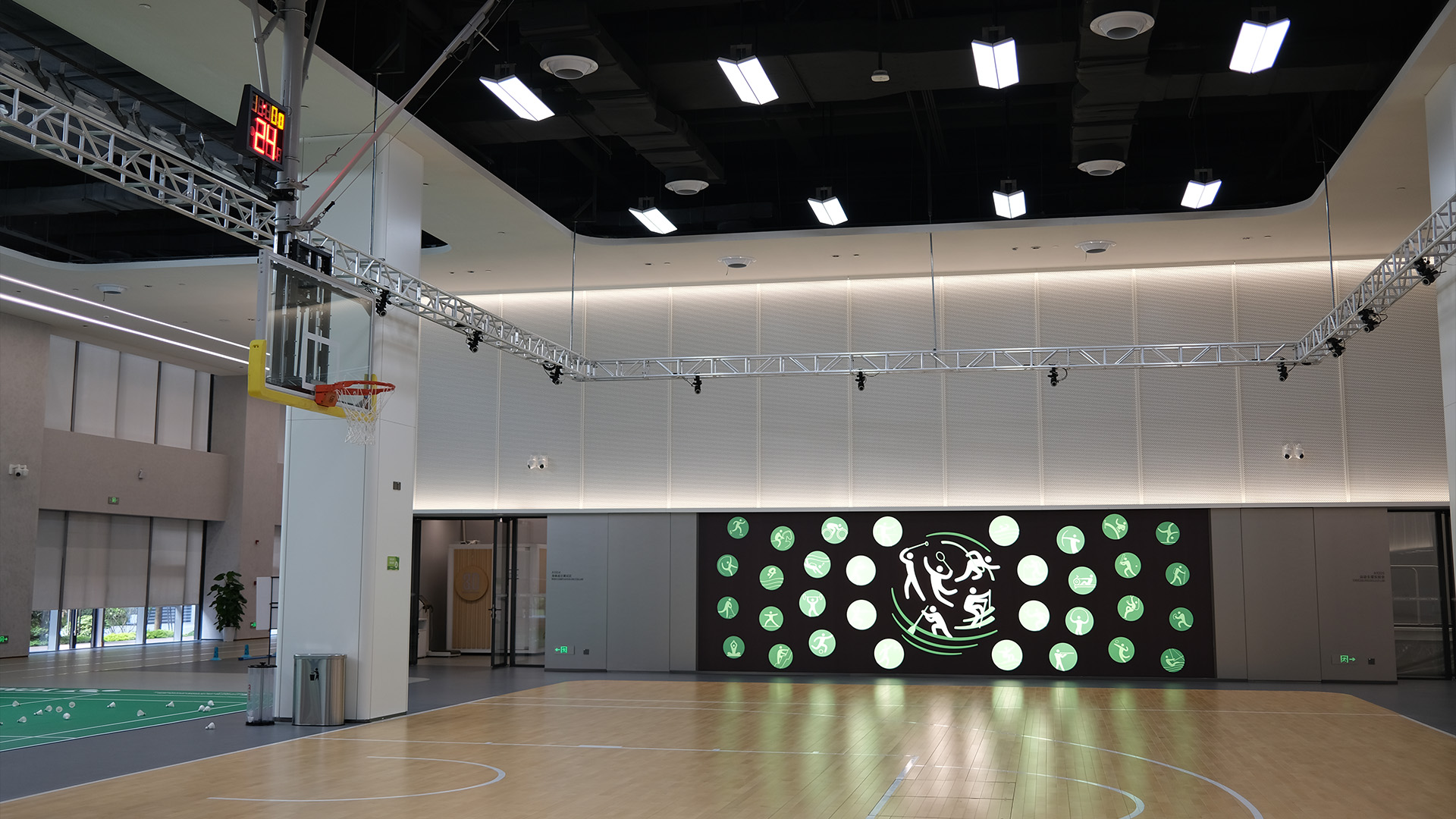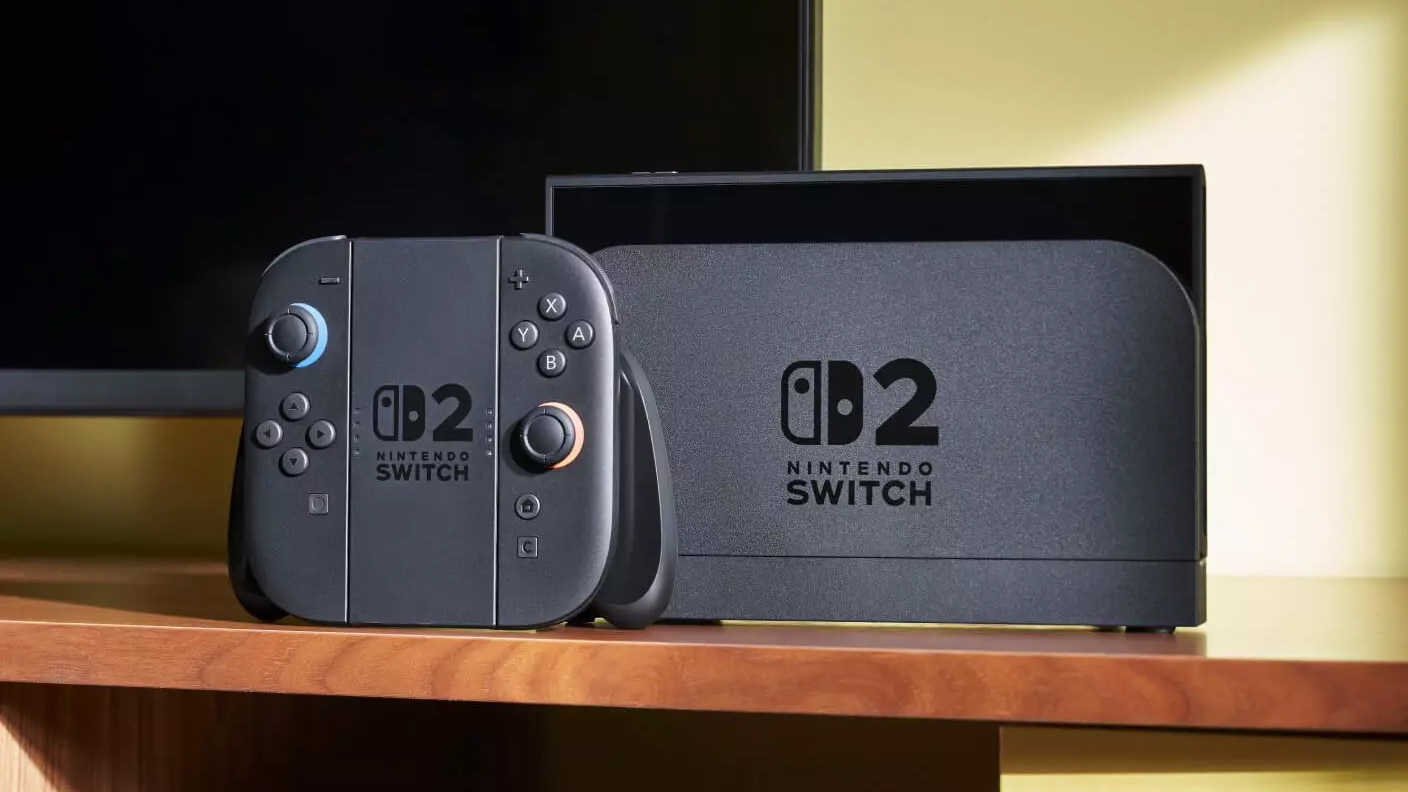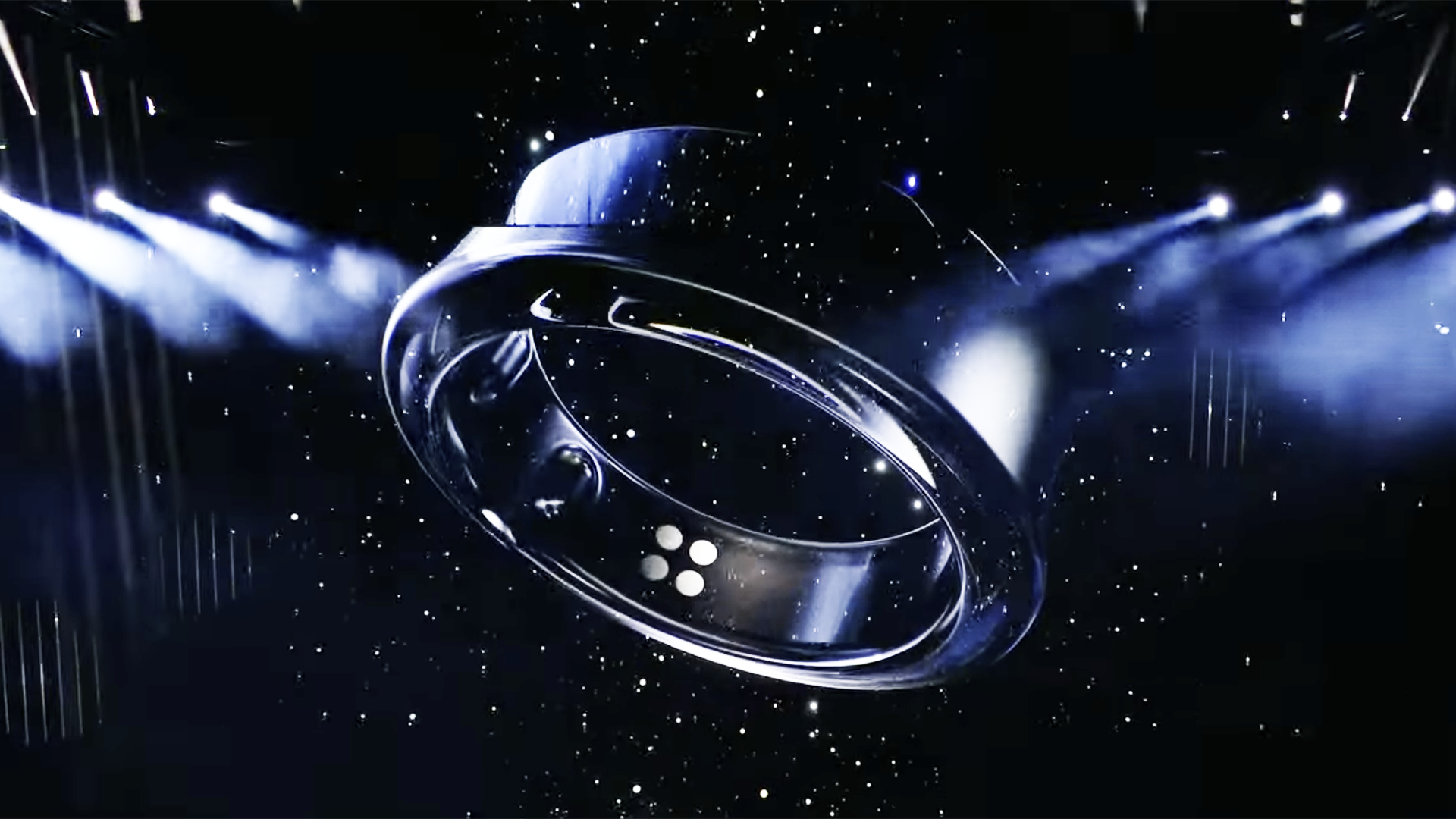

Like most nerds, I was glued to the screen when Samsung revealed its latest wearable, the long-rumoured Samsung Galaxy Ring. Despite confirming the upcoming launch of the newest addition to the ever-expanding Samsung product portfolio, we know next to nothing about the Galaxy Ring, leaving the door wide open to speculations.
2024 will be the year of the best smart rings. As well as the Galaxy Ring, rumour has it that we might also see the Oura Ring Gen 4 later this year. There is also the highly-anticipated Apple Smart Ring, which may or may not materialise this year, and the Amazfit Helio Ring, which is definitely coming to the US in April and the rest of the world later.
Plus, we have a few smart rings already on the market, including the most popular Oura Ring Gen 3 – currently on test; review coming soon – and others, such as the excellent Ultrahuman Ring Air and the RingConn Smart Rings. One can say that smart rings went from zero to hero in a span of 12 months!
Like everybody else, I was super excited when Samsung confirmed the arrival of the Galaxy Ring. It's not like it was a surprise announcement; after all, it makes perfect sense for the company to roll out a smart ring (pun intended), considering its expertise in the field of smartwatches.
Samsung has been training its algorithm on health data collected from Galaxy Watch users for years. The Samsung Galaxy Watch 6, albeit not the most exciting updated over its predecessor, is indeed one of the best smartwatches for health tracking. The sensors are spot-on, and the app is excellent, too.
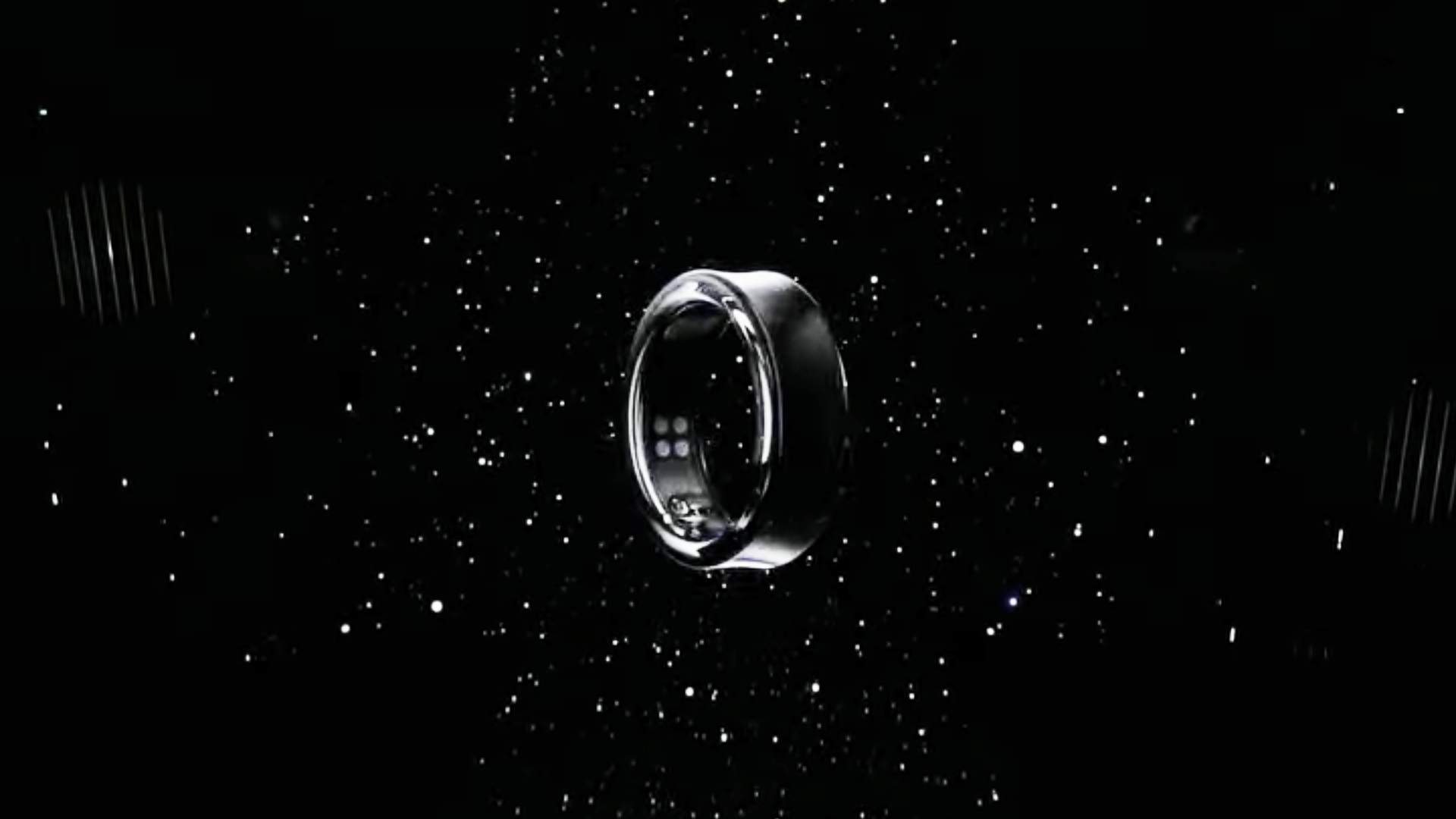
Samsung can use this data and the same algorithms to provide accurate health advice and track and analyse sleep and exercise. Which, to be fair, wouldn't be too exciting. If the Galaxy Ring is a smaller version of the Galaxy Watch, offering more or less the same features but without the screen, it would be really hard for Samsung to drum up interest around the new wearable.
However, Samsung has a trick up in its sleeve. Among the many things announced during the Galaxy Unpacked, some (everyone?) might have noticed an emphasis on artificial intelligence and how Samsung, like many other tech companies, are trying to utilise machine learning to offer people a more personalised health and wellness experience.
Sign up to the T3 newsletter for smarter living straight to your inbox
Get all the latest news, reviews, deals and buying guides on gorgeous tech, home and active products from the T3 experts
Now, AI could just be a fancy new term used for algorithms; those have been used for absolute ages by wearable companies like Garmin and Fitbit. Algorithms help make sense of health data by comparing your stats to people similar to you (age, sex, activity levels, etc.). They work particularly well when the pool of available data is enormous – the same as AI.
If Samsung means 'algorithm' when it says 'AI', Oura has nothing to fear. However, if Samsung's AI is similar to Whoop's Coach feature, which is like a personal assistant, the Galaxy Ring might be something to consider if you're looking for a new smart ring. If you could 'talk' to the ring in the app, ask questions, and gather insights on your health and fitness, that would be interesting.
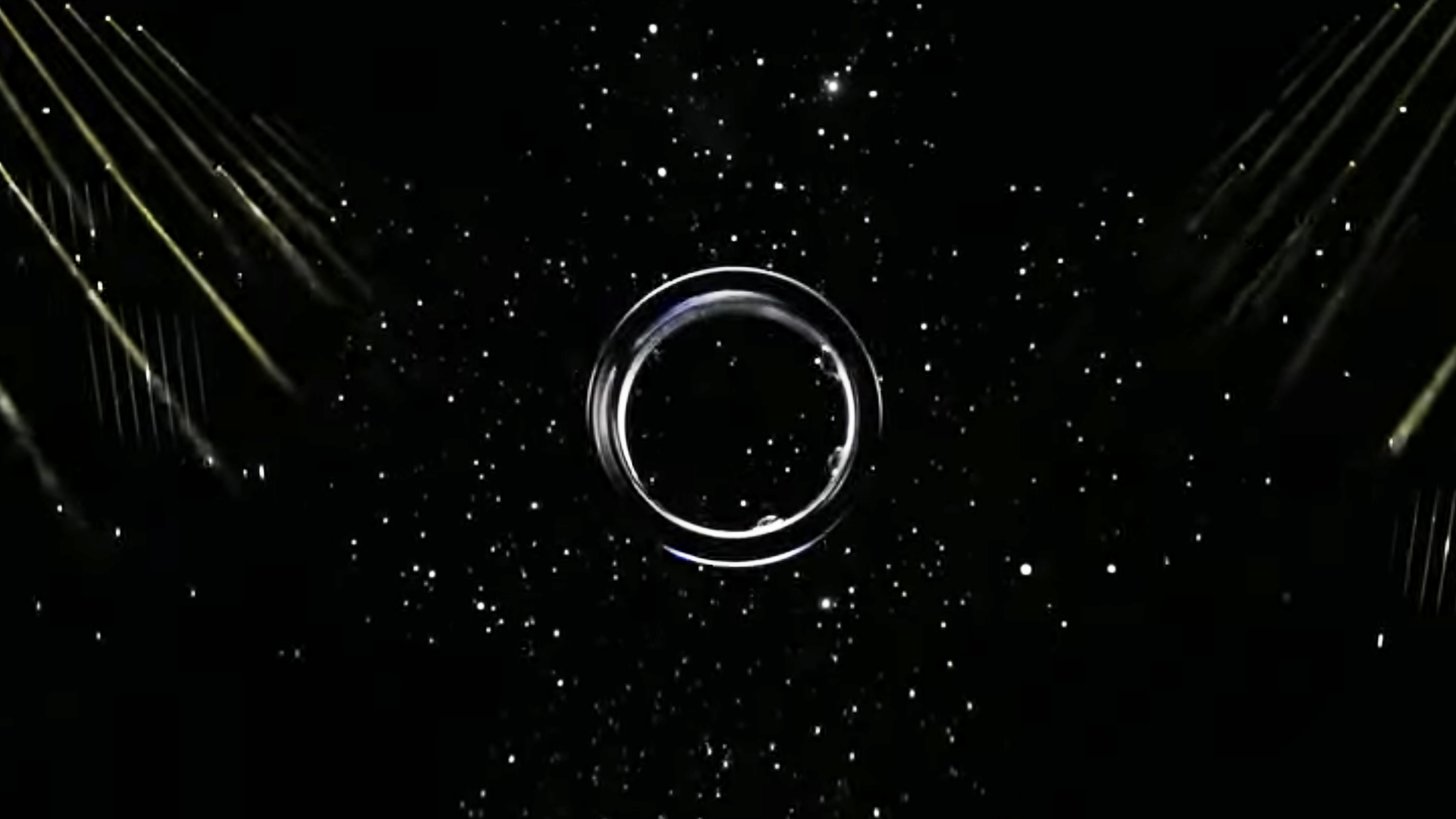
Many people say Samsung entering the smart ring market is excellent news, as prices will inevitably start coming down. A more competitive market can indeed force companies to apply a more aggressive pricing strategy. Big companies are certainly in a position to sell products at cost or offer wearables as add-ons with other purchases.
This approach might not be as viable in 2024 as it was in the past. Many tech companies have been struggling with sales in major markets in recent years, which, to me, suggests that products like the Galaxy Ring aren't just nice to have anymore – their success and the profit companies can make are essential.
All that said, I very much look forward to trying the Samsung Galaxy Ring as and when it launches. If I were Samsung, I wouldn't for too long, though, as the smart ring market is moving fast. You snooze, you lose, and Samsung can't afford not to be successful with its Galaxy Ring.

Matt Kollat is a journalist and content creator who works for T3.com and its magazine counterpart as an Active Editor. His areas of expertise include wearables, drones, fitness equipment, nutrition and outdoor gear. He joined T3 in 2019. His byline appears in several publications, including Techradar and Fit&Well, and more. Matt also collaborated with other content creators (e.g. Garage Gym Reviews) and judged many awards, such as the European Specialist Sports Nutrition Alliance's ESSNawards. When he isn't working out, running or cycling, you'll find him roaming the countryside and trying out new podcasting and content creation equipment.
-
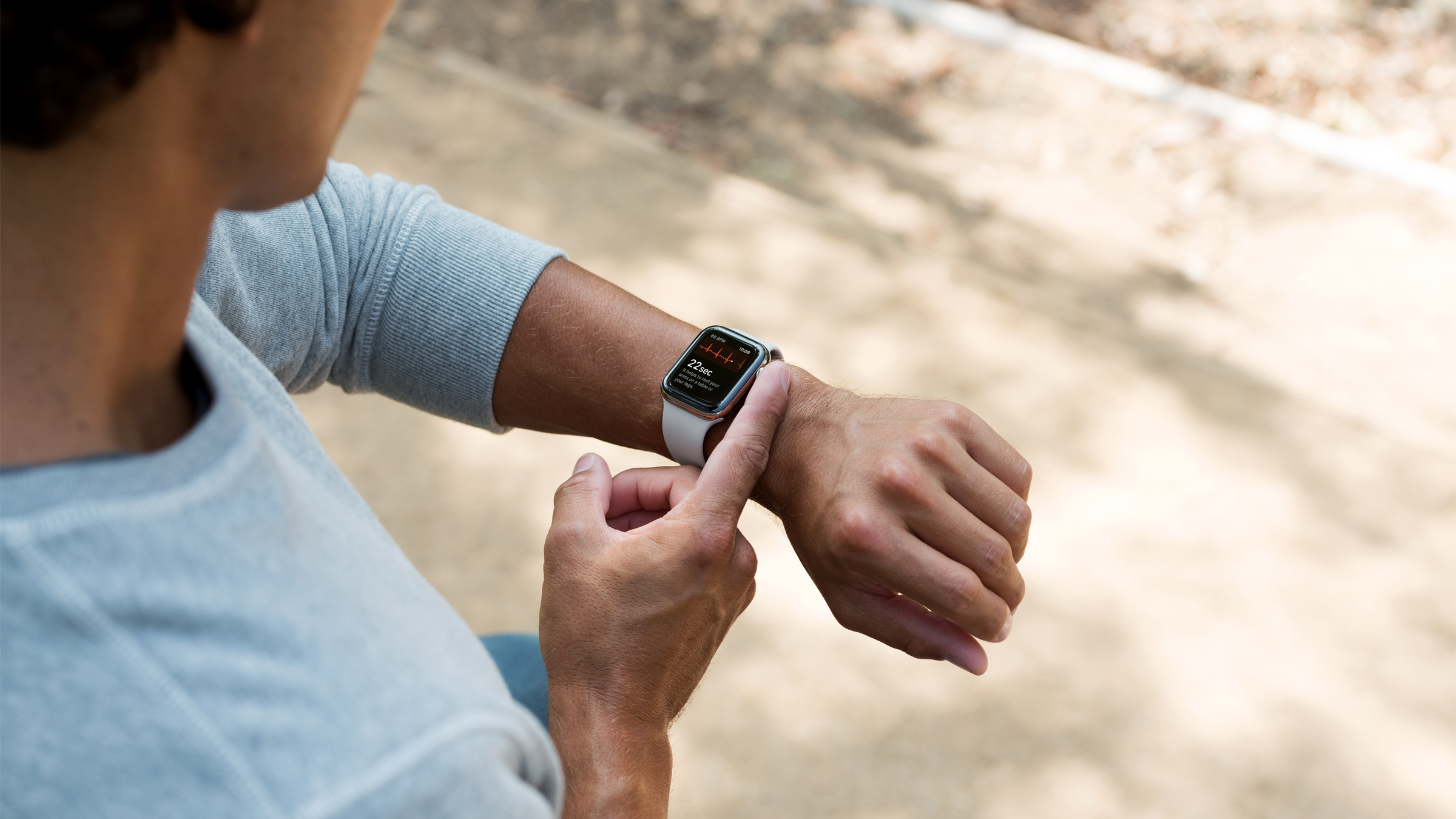 The top wearable trends in 2025, from smart rings and AR to fitness and more
The top wearable trends in 2025, from smart rings and AR to fitness and moreWearables are set to have a big year
By Max Slater-Robins
-
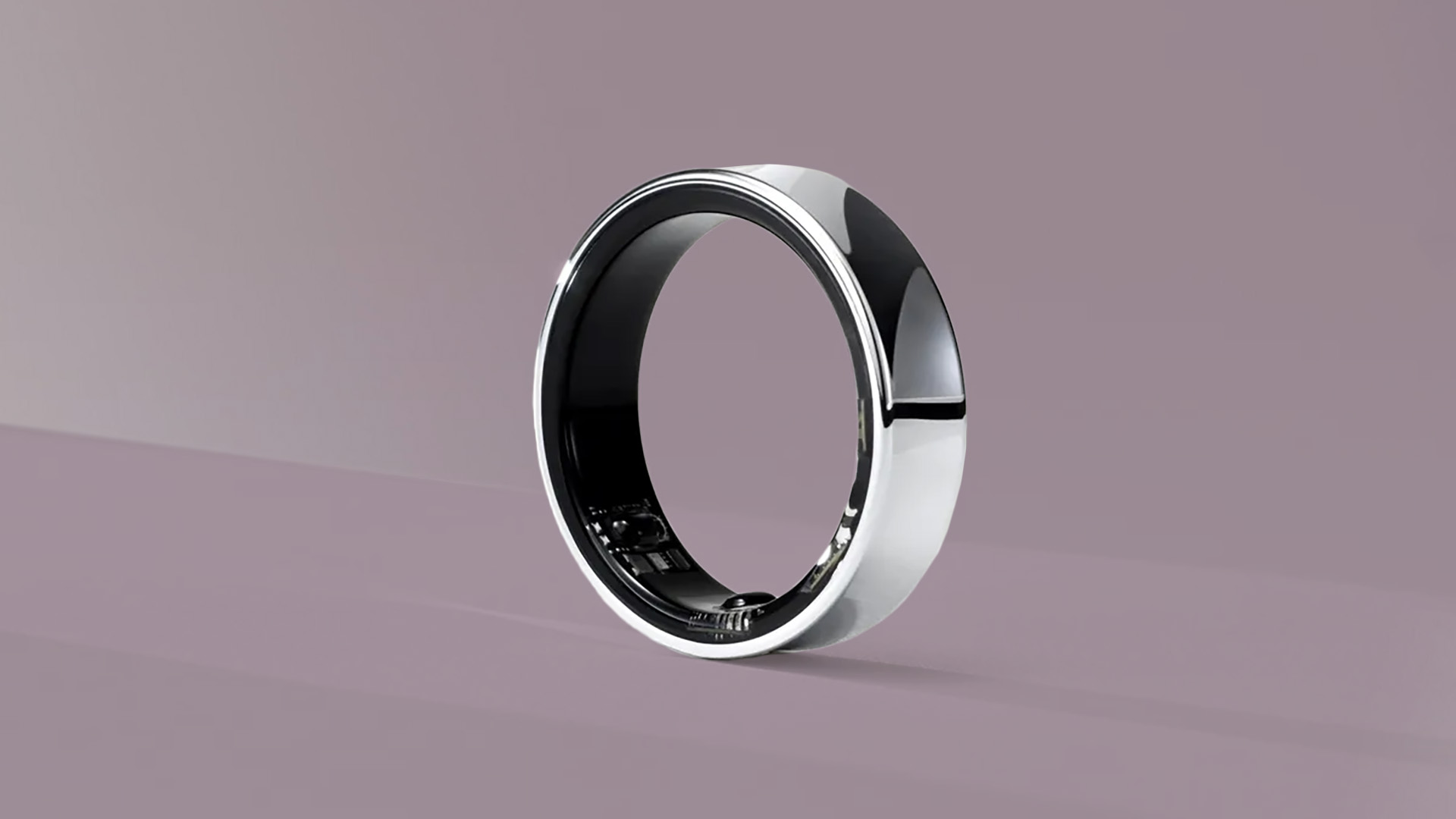 Samsung Galaxy Ring works on other Android phones – even iPhone could happen soon
Samsung Galaxy Ring works on other Android phones – even iPhone could happen soonThere is a catch though
By Britta O'Boyle
-
 Samsung Galaxy Ring said to cost as much as a PlayStation 5
Samsung Galaxy Ring said to cost as much as a PlayStation 5A price leak suggests the Galaxy Ring could be more expensive than we'd hoped
By Britta O'Boyle
-
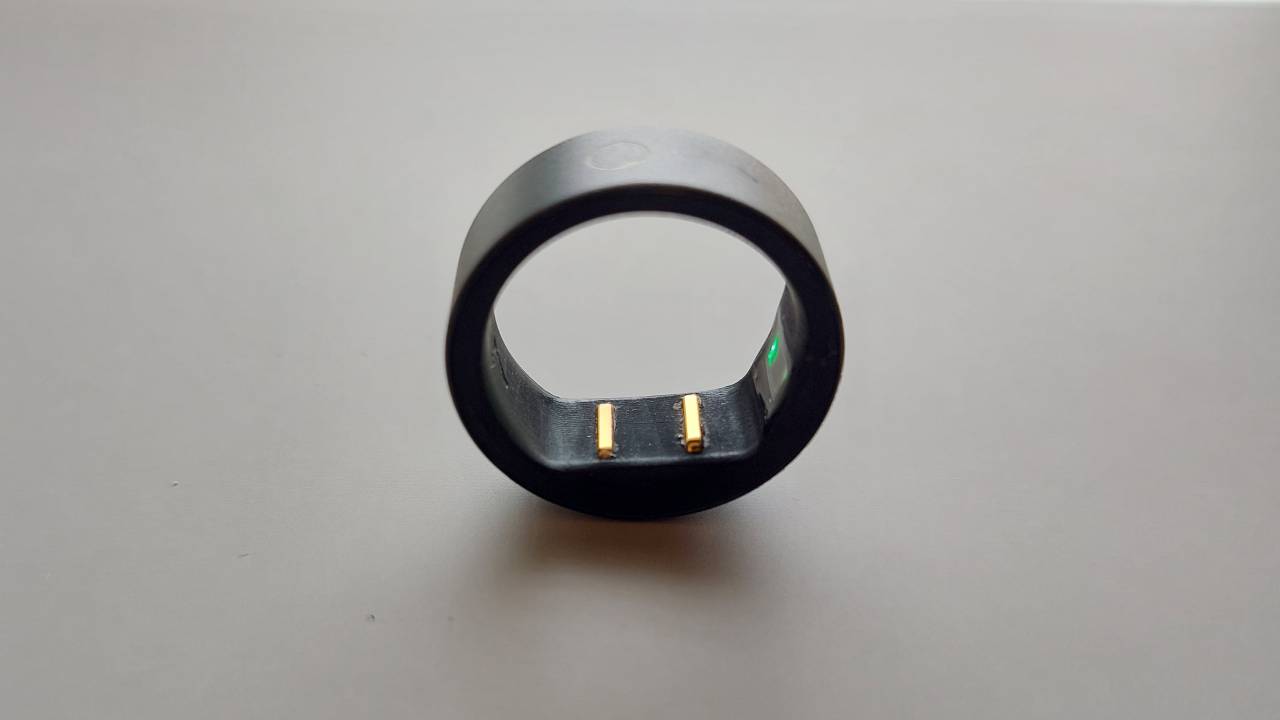 Circular Ring Slim review: comfortable design, good app but needs serious improvements
Circular Ring Slim review: comfortable design, good app but needs serious improvementsThe Circular Ring Slim has a lot of promise but it’s not quite there yet
By Bethan Girdler-Maslen
-
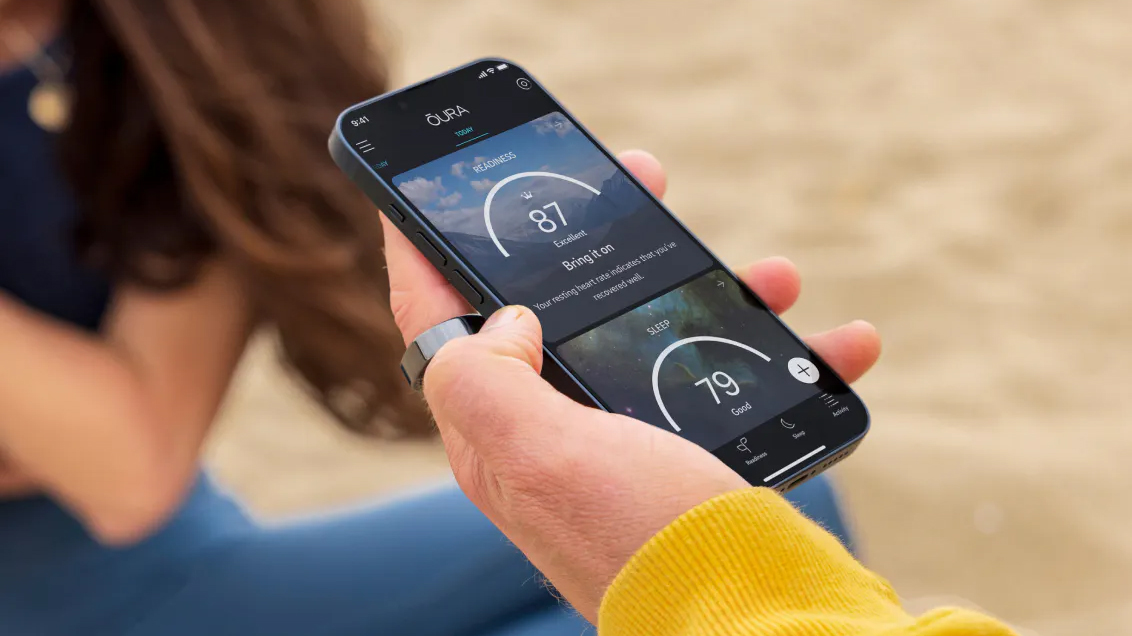 Oura Smart Ring adds Pregnancy Insights, a game-changer for expectant mothers
Oura Smart Ring adds Pregnancy Insights, a game-changer for expectant mothersWith the new feature, Oura users will be able to track changes in their body throughout their pregnancy
By Matt Kollat
-
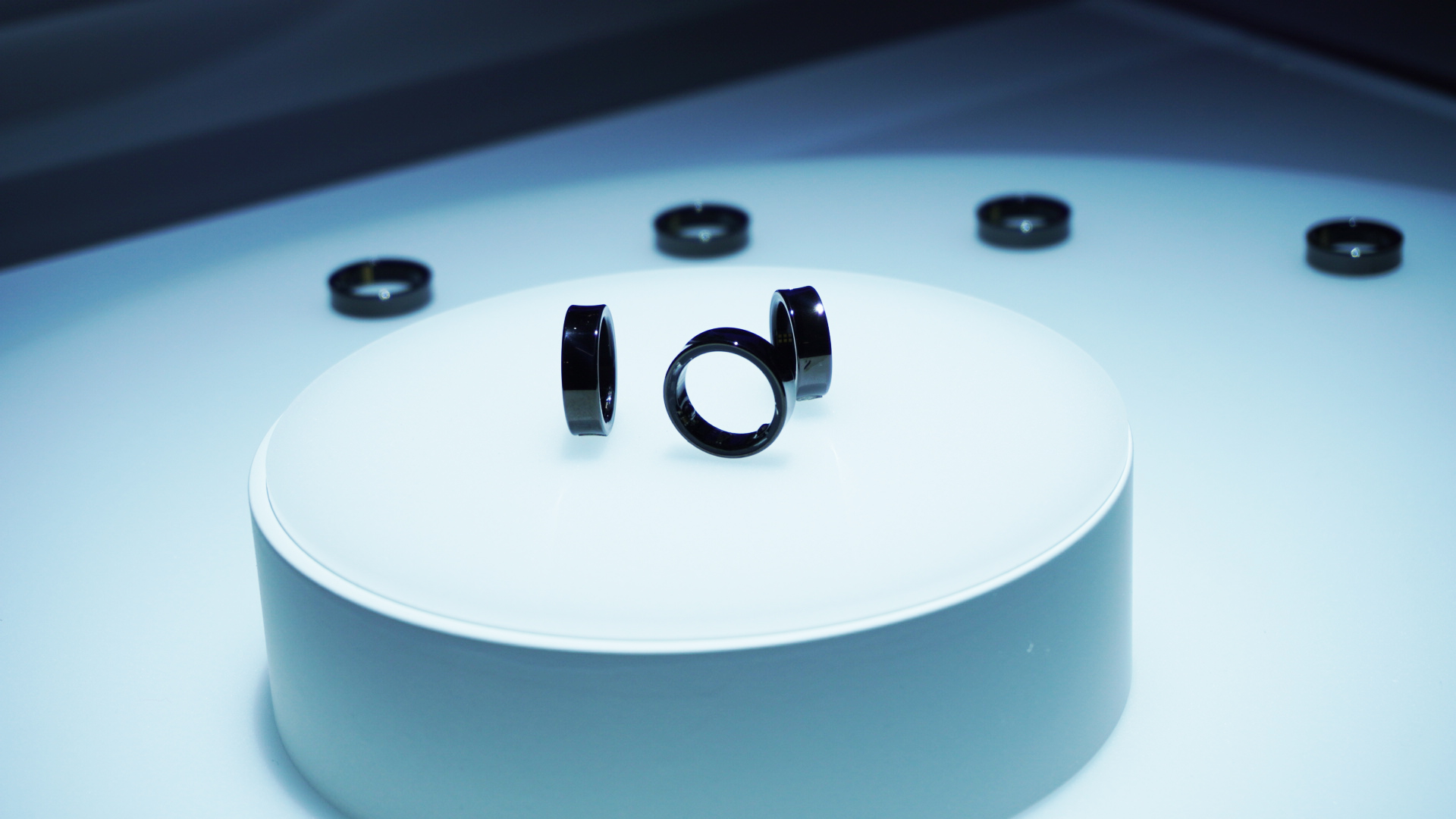 Samsung Galaxy Ring will work with other Android phones, just not iPhone
Samsung Galaxy Ring will work with other Android phones, just not iPhoneCompany "working on" compatibility
By Rik Henderson
-
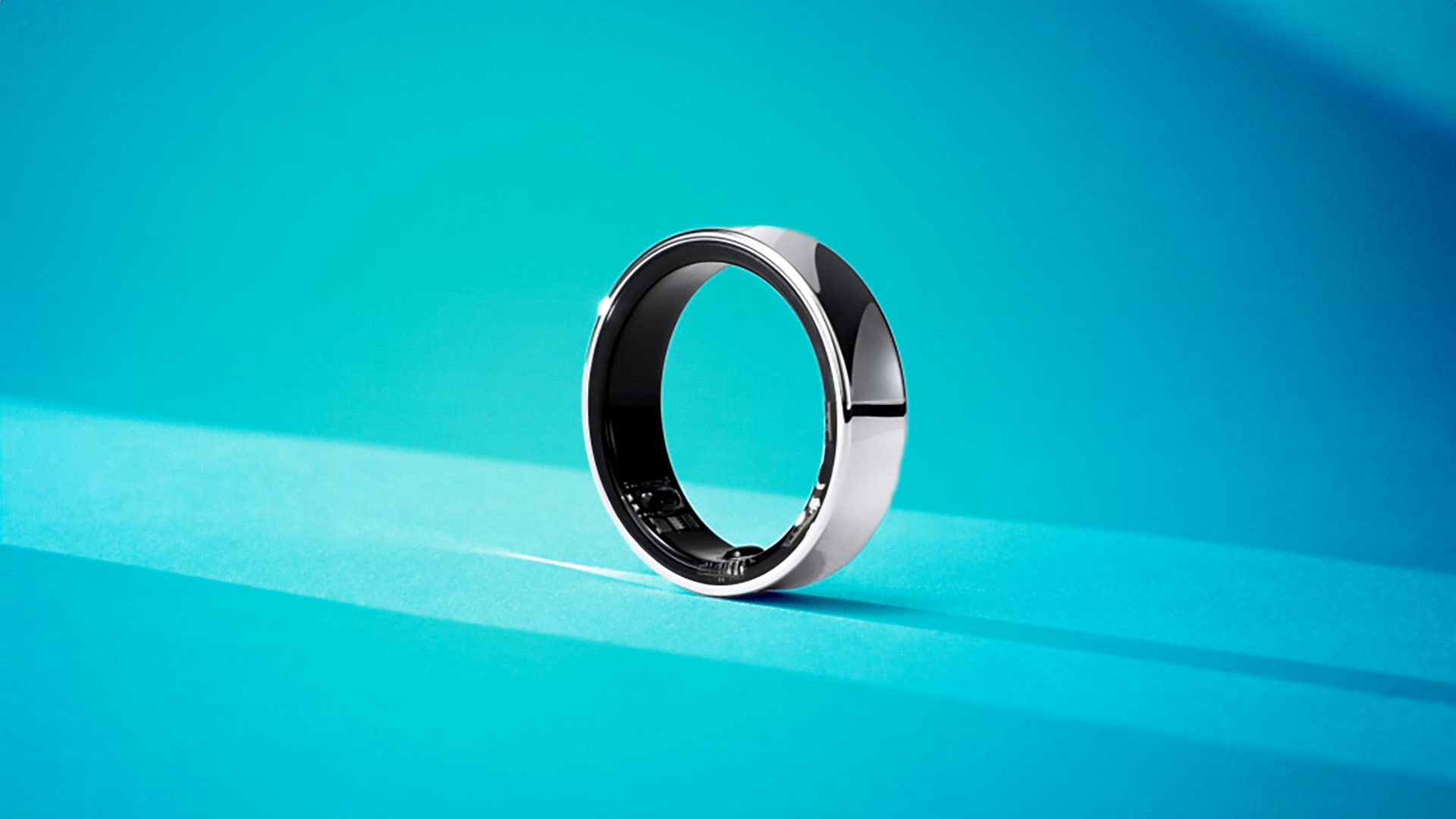 Samsung Galaxy Ring fully unveiled at MWC 2024
Samsung Galaxy Ring fully unveiled at MWC 2024Samsung's first smart ring appears at Mobile World Congress
By Rik Henderson
-
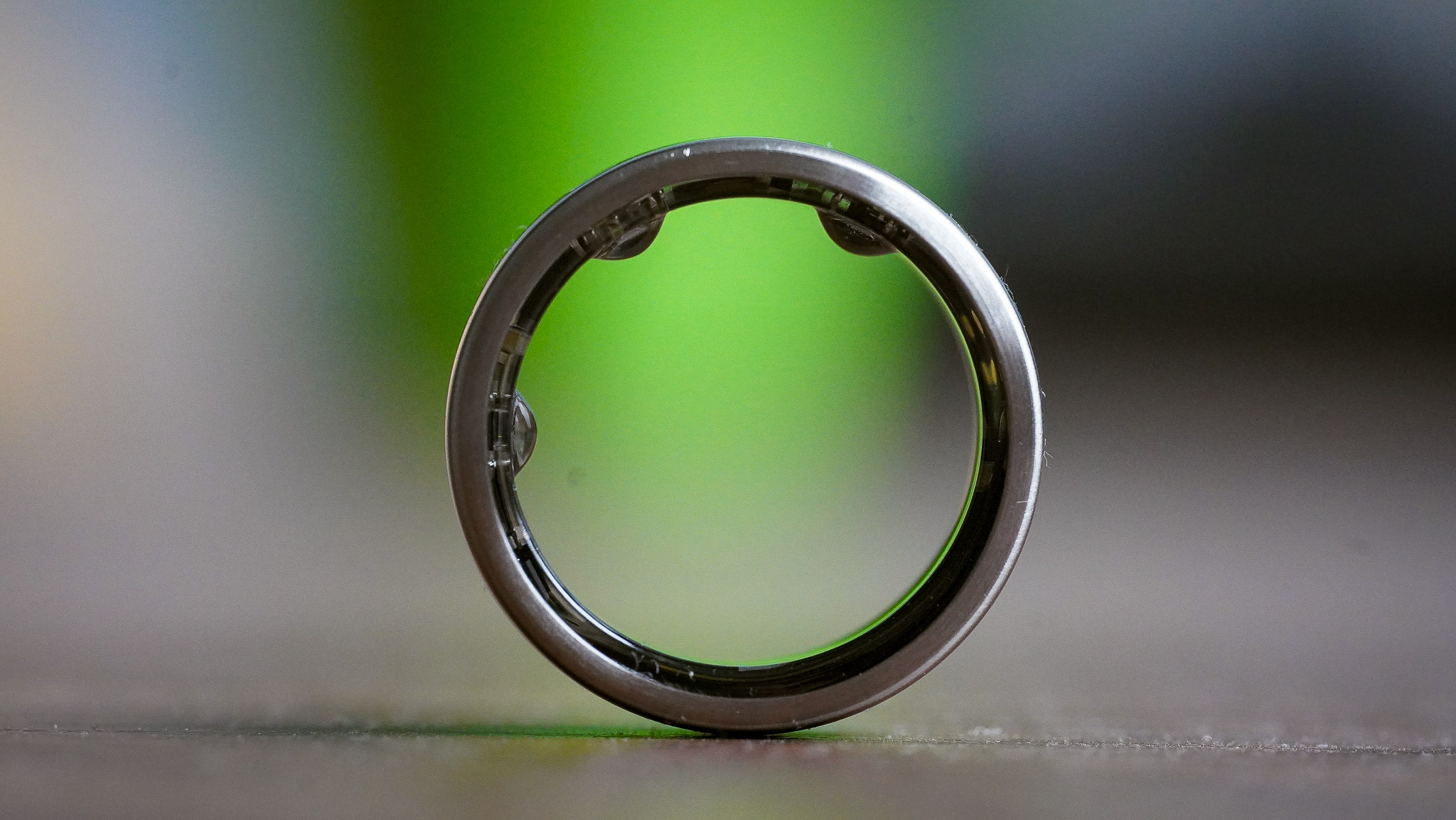 Oura Ring Gen 3 review: redefining sleep, activity, and resilience tracking
Oura Ring Gen 3 review: redefining sleep, activity, and resilience trackingThe Oura Ring Gen 3 is the next evolution in personal health monitoring
By Matt Kollat
